In today’s fast-paced world, the concept of business ethics is more crucial than ever. It shapes how companies interact with their employees, customers, and the community at large. I’ve always believed that ethical practices aren’t just a moral obligation; they’re essential for long-term success.
Business ethics can be defined as the principles that guide behavior in the world of commerce. They encompass everything from honesty and transparency to fairness and accountability. Understanding these principles helps businesses navigate complex situations while maintaining integrity. Let’s dive deeper into what business ethics truly means and why it matters in our ever-evolving marketplace.
Key Takeaways
- Definition of Business Ethics: Business ethics consists of moral guidelines that shape conduct in commerce, guiding interactions with stakeholders through principles like honesty and accountability.
- Key Principles: Essential principles include integrity, transparency, fairness, and accountability, which help businesses create a positive organizational culture and ethical decision-making framework.
- Importance of Trust and Reputation: Ethical practices build trust with stakeholders, enhancing a company’s reputation, fostering customer loyalty, and attracting top talent while promoting sustainable growth.
- Enhancing Decision-Making: A strong ethical foundation supports informed decision-making by encouraging consideration of long-term impacts on stakeholders, ultimately minimizing risks and promoting stability.
- Navigating Ethical Dilemmas: Awareness of common ethical dilemmas, such as conflicts of interest and insider trading, is crucial for businesses to maintain ethical integrity and trust within the marketplace.
- Long-Term Success: Upholding business ethics is not only a moral obligation but also essential for long-term success and sustainability in today’s competitive environment.
Business Ethics Can Be Defined As
Business ethics encompasses the principles guiding behavior in commerce. I define business ethics as a set of moral guidelines that shape how individuals and organizations conduct their activities. Key components include:
- Honesty: Ensuring truthfulness in communication and actions fosters trust among stakeholders.
- Transparency: Openly sharing information leads to informed decisions and strengthens relationships.
- Fairness: Striving for equitable treatment boosts morale and creates a positive organizational culture.
- Accountability: Taking responsibility for actions reinforces commitment to ethical standards.
Understanding these principles is essential for navigating complex situations in the marketplace. Adopting a strong ethical foundation allows businesses to enhance reputation, attract customers, and achieve sustainable success.
Key Principles of Business Ethics
Understanding key principles of business ethics facilitates ethical decision-making and strengthens organizational culture. The following principles are essential for maintaining a successful and ethical business environment.
Integrity and Transparency
Integrity involves maintaining honesty in all business dealings. I emphasize that transparent communication builds trust among stakeholders, including employees, customers, and investors. Providing timely and accurate information demonstrates integrity and fosters an open work environment. Ethical businesses disclose relevant information clearly, enabling informed decision-making. Examples of this include sharing financial performance data and openly addressing company challenges.
Fairness and Equity
Fairness ensures all stakeholders receive equal treatment. I advocate for equity in employee policies, pricing strategies, and customer interactions. Businesses must establish fair practices that promote justice and avoid discrimination. For instance, implementing fair hiring processes and equitable compensation structures demonstrates commitment to these values. Fairness not only enhances employee morale but also contributes to a positive brand image.
Importance of Business Ethics
Business ethics play a crucial role in establishing a company’s identity. Ethical practices foster trust, enhance reputation, and support sustainable growth.
Building Trust and Reputation
Building trust and a positive reputation stems from ethical behavior. Trust encourages customer loyalty, leading to repeat business. Companies that uphold honesty in advertising and customer interactions see increased credibility among consumers. A solid reputation attracts top talent and creates partnerships, amplifying market presence. Ethical companies maintain transparency with stakeholders, which further strengthens trust and enhances brand loyalty.
Enhancing Decision-Making
Enhancing decision-making relies heavily on solid ethical principles. Ethical frameworks guide individuals in identifying right from wrong, serving as a foundation for making informed choices. When decision-makers prioritize ethics, they consider the long-term effects on stakeholders, not just short-term gains. This approach minimizes risks and prevents legal issues, contributing to greater stability. Ethical decision-making cultivates a culture that promotes accountability and encourages employees to act in the company’s best interest.
Common Ethical Dilemmas in Business
Businesses often face various ethical dilemmas that challenge their principles and values. Understanding these dilemmas helps organizations navigate complex situations effectively.
Conflict of Interest
Conflict of interest arises when personal interests interfere with professional responsibilities. I recognize that this dilemma can occur in various forms, such as when employees have financial stakes in competing companies or maintain personal relationships that affect objectivity. To manage these situations, it’s crucial for organizations to develop clear policies that require disclosure of potential conflicts. Implementing regular training sessions can raise awareness among employees, ensuring they understand the importance of prioritizing the company’s interests over personal gain.
Insider Trading
Insider trading involves buying or selling stocks based on non-public information, which provides an unfair advantage. I know this practice is illegal and unethical, as it undermines market integrity and erodes trust in the financial system. Companies must establish robust compliance programs that inform employees about insider trading laws and promote ethical behavior. Providing ongoing education and implementing strict internal controls can reduce the risk of insider trading occurrences and encourage transparency in all transactions.
Long-term Success
business ethics can be defined as crucial for any organization aiming for long-term success. By adhering to principles like honesty and transparency, businesses not only build trust with stakeholders but also create a positive work environment that fosters loyalty and commitment.
Navigating ethical dilemmas requires a strong foundation of integrity and accountability. When companies prioritize ethical practices they enhance their reputation and attract top talent. Ultimately, a commitment to business ethics isn’t just about compliance; it’s about cultivating a culture that values ethical behavior, driving sustainable growth and success in an ever-evolving marketplace.



![[author] business ethics for managers and leaders course](https://westbrightlaw.com/wp-content/uploads/2024/11/43692c61-2758-4ecf-870e-67b6beea24b5_y91iE6L8oWa_1dxBEeN2l-1024x585.jpeg)